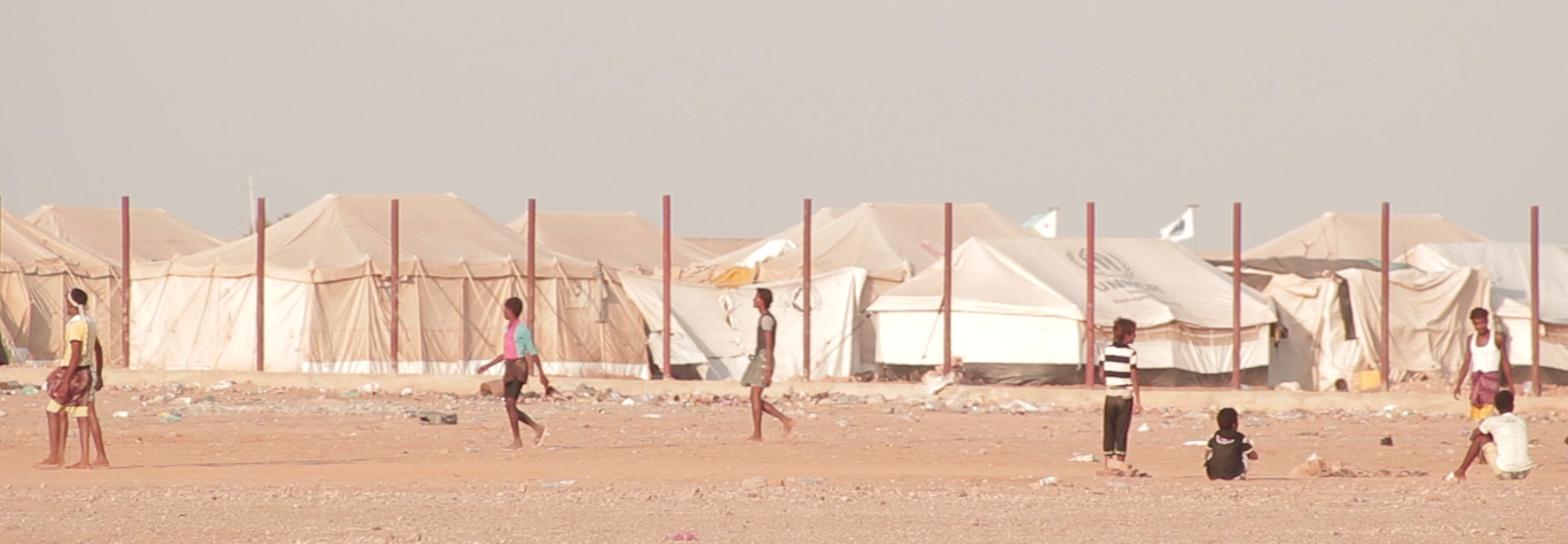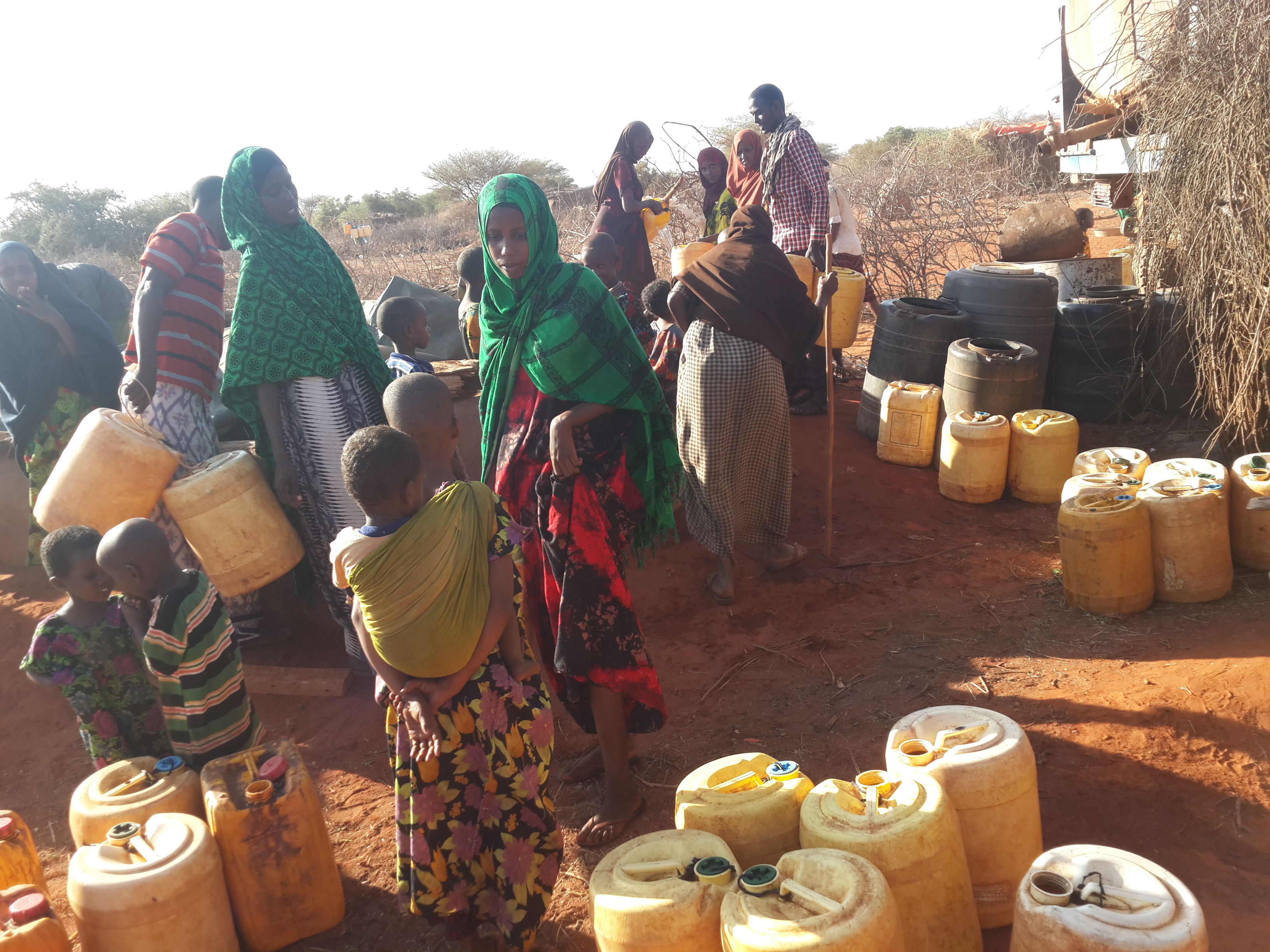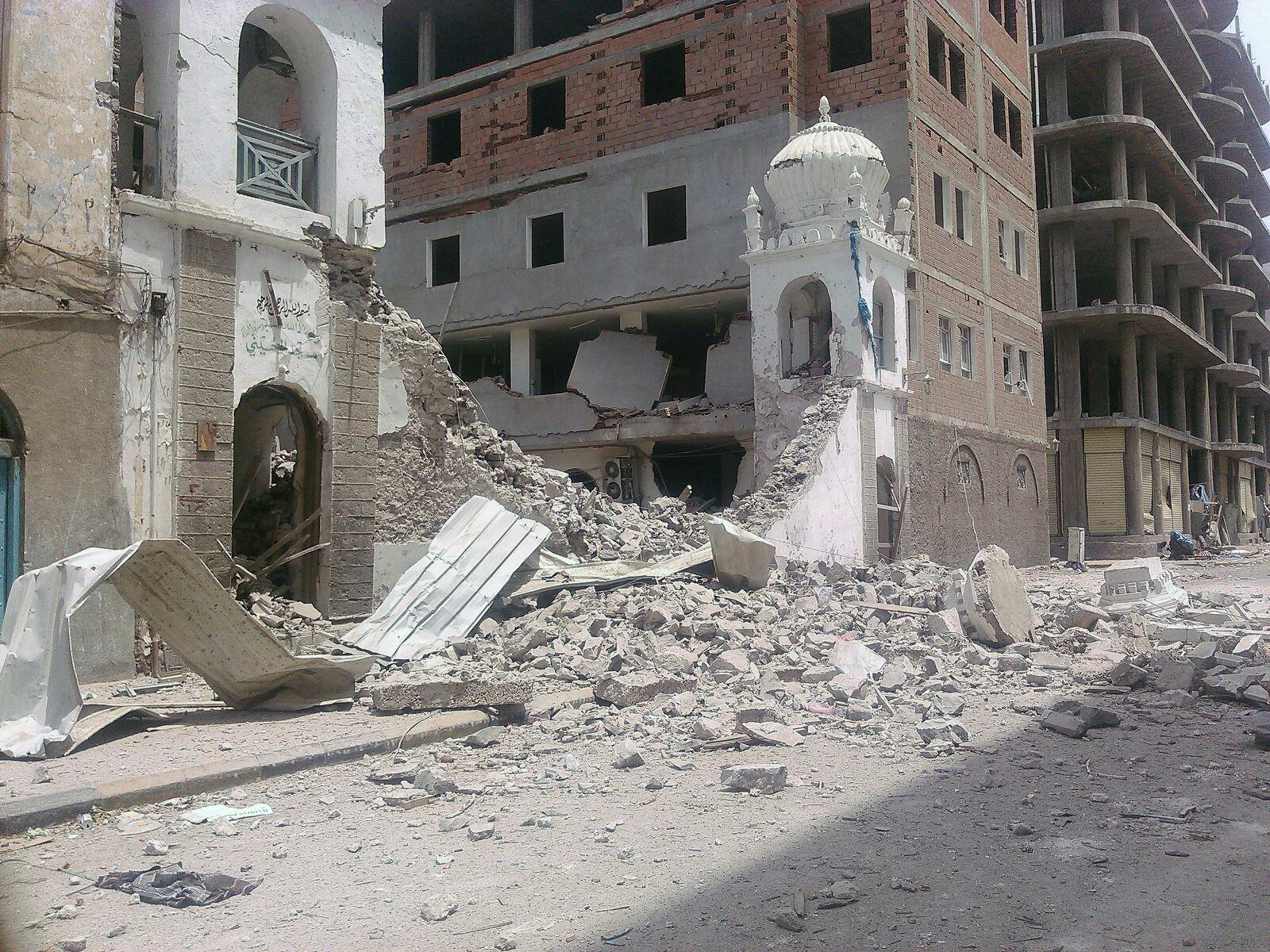
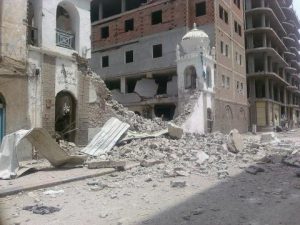 In July 2015 I started working as Resettlement Officer at The World Federation of KSIMC. In April 2015 The World Federation evacuated 467 desperate individuals from Yemen and temporarily housed them in Djibouti. I was not working at The World Federation yet when the evacuation took place. But I played an integral role in the resettlement (as my job title would suggest).
In July 2015 I started working as Resettlement Officer at The World Federation of KSIMC. In April 2015 The World Federation evacuated 467 desperate individuals from Yemen and temporarily housed them in Djibouti. I was not working at The World Federation yet when the evacuation took place. But I played an integral role in the resettlement (as my job title would suggest).
For me the journey started as mere numbers, 467 people, 108 families, and 270 days. But gradually I realised these numbers were special. They had the potential to change lives. I say so because they changed mine. 108 Yemeni refugee families, housed in a transit camp in Djibouti gave me the greatest gift I have ever been given; the gift of fortitude, insight and resoluteness. And that is the story I want to share with you today.
Most of the time I worked from The World Federation office in London, but I travelled to Djibouti for a week. The initial excitement of travelling to a new destination faded when it dawned on me that I would be going alone. Discussing future plans with over 100 desperate families was a daunting task and I was seriously overwhelmed. More so because the news I was going to give them would be another blow to them. They had pinned their hopes on being resettled in the West. After months of relentless persecution, having been robbed of every material possession and their dignity in shreds, they dreamt of building a new life in the West; in Europe and America. And it fell on my inexperienced shoulders to tell them that resettlement in the West was no longer a possibility. The Syrian Migrant Crisis had overwhelmed the Western powers and consumed their media. In spite of inexorable efforts by the Yemen Core Team, we had not received any response from Europe, Canada or the US. The choices were not that appealing anymore but they had to be made and they had to be made fast; Pakistan, India or Africa.
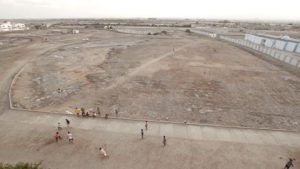 So, carrying the burden of such huge responsibilities I flew to Djibouti, whose name I could not even spell a few months ago. Now I had to help 467 desperate people who were waiting for me over there, to make gut wrenching but necessary decisions. While on the flight I went through my notes on each family. How many members in each? What level of education does the breadwinner have? What languages do they speak? In my capacity as Resettlement Officer, these 108 families were columns and rows in spreadsheets which I had to fill. They were data I had to process and analyse.
So, carrying the burden of such huge responsibilities I flew to Djibouti, whose name I could not even spell a few months ago. Now I had to help 467 desperate people who were waiting for me over there, to make gut wrenching but necessary decisions. While on the flight I went through my notes on each family. How many members in each? What level of education does the breadwinner have? What languages do they speak? In my capacity as Resettlement Officer, these 108 families were columns and rows in spreadsheets which I had to fill. They were data I had to process and analyse.
After 8 days in the The World Federation refugee camp in Djibouti I knew more about them then I did about my own extended family. I destroyed the notes. They were no longer rows and columns of data. They were 467 devastated lives, mutilated dreams, fragmented goals, bereaved parents, and broken children. Первенец But they were not just that. They were also families willing to dream new dreams, make new homes, set new goals, and build new, better lives. The World Federation only had to hold their hand and help them cross the bridge from uncertainty to possibility, from transience to stability and then they were willing to embrace the future. In a matter of hours, the numbers became people whose stories would be etched in my memory forever.
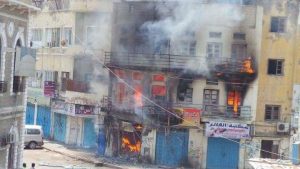 From 9am till the wee hours of the night, I would meet the families one by one. Besides a resettlement officer, I also became a listener, counsellor, sister and to my honour a mother- figure for some of the youth. I met parents whose only thought was their children’s future and ?? I met children who were severely depressed because they couldn’t see their parents suffering like this and hated feeling so helpless about it. I met husbands who wanted only to protect their wives and take them to safety and I met wives who wanted to the ease the burden on their husbands. When families have a shared and strong sense of faith, tragedy only brings them closer. I witnessed this first hand. What touched me the most was their hospitality even when they had nothing. Living in a refugee camp, with meagre supplies, they offered me the precious few refreshments they had. It moved me to tears.
From 9am till the wee hours of the night, I would meet the families one by one. Besides a resettlement officer, I also became a listener, counsellor, sister and to my honour a mother- figure for some of the youth. I met parents whose only thought was their children’s future and ?? I met children who were severely depressed because they couldn’t see their parents suffering like this and hated feeling so helpless about it. I met husbands who wanted only to protect their wives and take them to safety and I met wives who wanted to the ease the burden on their husbands. When families have a shared and strong sense of faith, tragedy only brings them closer. I witnessed this first hand. What touched me the most was their hospitality even when they had nothing. Living in a refugee camp, with meagre supplies, they offered me the precious few refreshments they had. It moved me to tears.
But it was the family of Uncle Mohammed (name changed for confidentiality) which shook me to the core. Uncle Mohammed’s 29 year old son had been brutally murdered just few months back. His crime? Being shia. I met Uncle Mohammed almost every day I was there. I felt immense peace while talking to him. A man who had lost not only all his worldly possessions but also a son could instil such a sense of serenity to his surroundings was truly something astounding. In his soft, gentle voice he would tell anecdotes about his son. He would take out his phone and show me his son’s pictures and I could see his eyes filling up with tears. Sometimes he would bring along his two little grandsons, one 5 years old and the other 2. They were now orphans. He would make them sit on his lap and wholesale jerseys caress their heads, while discussing their future with me. He had no complains about the camp, no demands for more or better. All he wanted was to move to a country where his grandsons could get a decent education. On the day I was leaving, this old and tired man came to bid me farewell with a big box of ‘mitha’ (indian Танцуем sweetmeat) which his wife had made. He said it was a gift from his grandsons to my children.
When I recall that scene, my heart still skips a beat. Who was I to judge that they had nothing? They had more than I could ever have. They had the gift of hospitality and generosity, of looking beyond their tragedy, of maintaining tradition.
It seems that I have formed life long bonds with these families. Now that they have been resettled they autres often write to me from their destination countries, from America to Asia to Africa. They write to me about the seas they traversed to new communities who opened their arms and hearts to them. They write to me about new homes, new jobs, universities and schools. They write about their hopes and fears, their expectations and disappointments.
But most of all they write to express their gratitude and appreciation for what The World Federation did for them and for my support and assistance. I want to tell them it’s not about what I did for them but the great service they did to me. Their bereft state opened my eyes to the fleeting nature of materialism. Their persistence in making a new life was my inspiration to live up to my responsibility; not as a di Resettlement Officer but as a human being. The stories of the horrors they faced and the dreams they now harbour gave me the determination to knock on every door which could usher in a new beginning for them; to pull every string which could restore their lost glory. These 270 days made me into a woman of substance.


